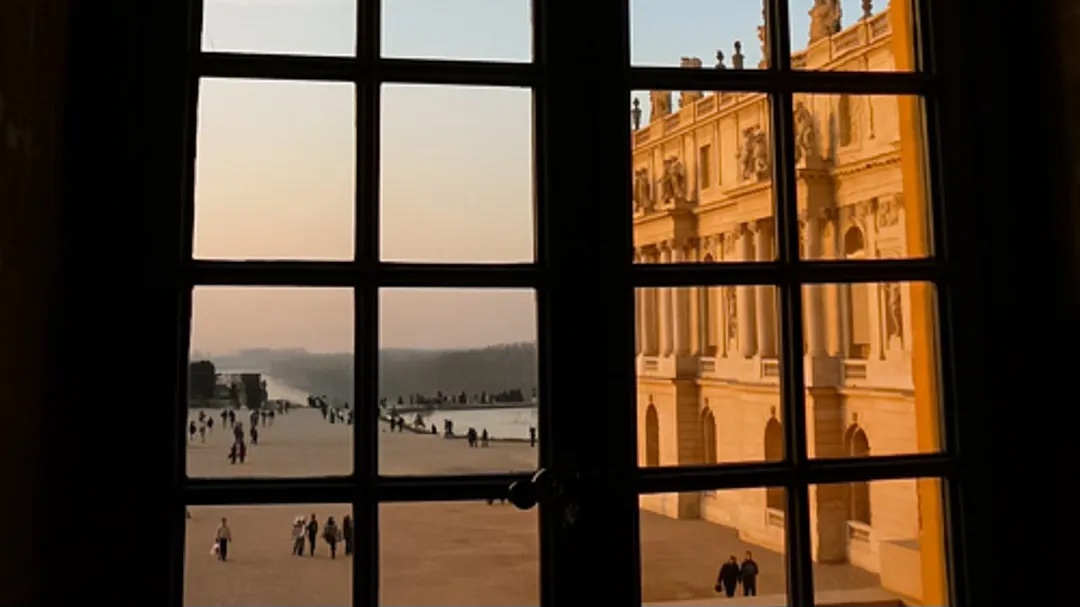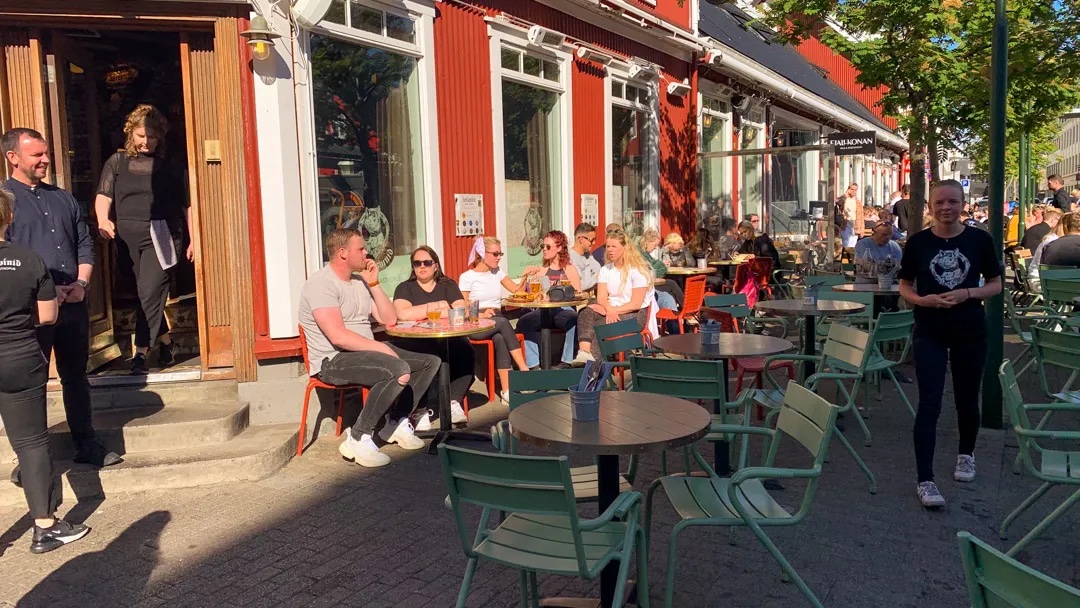Solar sunrise
Green power, address poverty, fill up with passion and deliver powerful repair tools assisting planetary imperatives? On reconceptualising ourselves and communicating sustainability.
From sunset to sunrise
It is late in the day and we have a problem. It has been four months of work generating a palpable sense of success. We’re going to win this, the Solar City bid comprising: 75 million dollars of innovative systems and structural answers, reconstructing what people think is possible, reversing the paradigm of “it’s green, it must cost more” and upending conventional commercial thinking.
Except: Our bid adds up to ninety million dollars, not seventy five. Somehow—between BP Solar, Origin Energy, ANZ commercial banking, four local city governments and three other industrial partners—our carefully synthesised bid needs to become $15 million smaller, keep the depth of goodwill between us all and submit our final pitch within the next three days.

We gather at the last minute accepting the constraints—four of our 10 consortium members will be half a continent away and on the phone (before zoom).
We nail it!
Within 90 minutes we achieve much more than a 16% expenditure reduction. We have multiple happy people regardless of our different organisational aspirations and radically diverse accountabilities. Our budget meeting has co-created even more agency: we are all leaving the room to advocate intensely for the bid, to talk to the organisational CEOs and city managers, to let those in positions of power and influence see this as the bid they want to choose, meeting the needs the decision makers will see as important.
So how?
The foundations for success are from embracing different worldviews. These are inherent across our consortium’s organisational diversity.
A Communicating Sustainability operating system underpins our work(1). For 4 months I have been privileged to hold, and consciously surface for everyone, the different ways people and organisations will understand sustainability and the perspectives that are important.

Try it, 1
- You are the local city manager responsible to an elected local government representing 40k residents. The city region is one of the poorest in the country. You know that if you pick any metric for your city—e.g. life expectancy, poverty or education—it will be at the bottom of the ladder and on par with a struggling remote-outback community.
- What’s most important for you? And for your managers?
As you feel into what your elected government representatives prioritise it’s likely you’ll notice a conventional view. Family values. An expectation and desire for jobs and people willing to follow rules in production systems, food processing industries and fabrication plants. Relatively low waged and unskilled.

Are you noticing it feels quite tribal? A group centric set of inner meaning making is quite prevalent?
Safety, service and hope for better lives are prominent(2). Regardless of how important or otherwise you think climate and solar solutions are you know your government representatives are going to prioritise those types of views.
Fortuitously and critically, as we’ve been consciously hosting this, the other consortium members privilege these inner perspectives for you too. They look for how the consortium budget can nurture such socialised worldview-needs simultaneously with other organisational and commercial-partner priorities.
Try it, 2
- You are the VP, ANZ commercial banking, responsible to your division’s manager and ultimately the bank’s CEO. Finance prioritises profit, lending portfolios, risk and returns. The financial innovation instruments that have been built into the Solar City bid have allowed you to pitch a non-standard business case the bank has endorsed: the internal reward from synthesising climate solutions delivers opportunities well beyond the costs.
- What’s most important for you? And for your CEO?
You know your bank’s managers have a standard commercial view. They have grown up on purposeful plans: identify the problem, structure a solution, deliver a profitable outcome.

Are you noticing that feels like quintessential modern day business? That you are a master of analysis taking apart the particulars of finance to minimise costs and maximise rewards?
Control, individual and organisational autonomy are prominently held as valued and ethical structures. You know your managers are going to prioritise this.
Fortuitously you can see the bigger picture, taking responsibility for the systemic redesigning that’s core to the Solar City finance packaging. You know you can make the case for it, to your managers, regardless of a budget allocation. The benefits are substantially more than the 1 million previously allocated to you. You trim radically and now no consortium cash will go directly to your bank.
Communicating sustainability for success
The role play above steps through our actual meeting and the real worldviews present there. These correlate with:
City manager responsible to and for type 3 worldviews:
This is our group centric and socialised mindset. As a home base for individuals we tend to privilege what is good for my tribe. Relatively short term thinking abounds and between ourselves we prioritise protection, care and security. The risks of climate change, and implementation of green power to mitigate against those dangers, are distant considerations.

Banking manager responsible to and for type 4 worldviews:
This is our modern day, self-authoring mindset. It includes valuing the exceptionalism of individual mastery, success and management. Somewhat longer term thinking is present and, between ourselves, we prioritise solutions within what we view as reasonable. We respect the current structures and acknowledge, somewhat consciously when asked, the great benefits these bring. Externalities such as climate change should be managed within such structures. Seeking balance: work and life, economy and environment, regulation and enterprise, is popularised.
The secret sauce is, of course, more complex than this as well as surprisingly simple. In our consortium worldviews are frames that let our group collectively design solutions, work with multiple needs and produce synergistic answers. Doing more delivers better results for the people our Solar City will touch, speaks to their purpose, is profitable and improves our planet’s bottom line too.
In our Sydney meeting it all came together. The four months of inner capacity building assists everyone in the room to see other perspectives. We redesign the pieces aware of our cross-organisational diversity—honouring the differences on what is important for people, purpose, profit and the planet. It lets us collaboratively design to meet our outer financial imperatives(3).
Our consortium bid is submitted a day early. We win.
|
Benevolution ⚡️ is a reader-supported publication on Substack. New content is mostly now on Substack with the occasional article reposted here on this website. To receive new posts and support my work, consider becoming a free or paid subscriber. |
And really? Passion wins, it’s what we all passionately care about.
Resources
Links and credits
I first wrote this article on my substack here> https://benevolution.substack.com
References
Subscribe
Get the newsletter (story summary).
Recent posts
Coming home
We belong to and are of the Earth but we bypass our sense of belonging. I missed this leaving home and my story mirrors our larger, human-wide journey. What do I need to come home?
Soulprint: Peak nature
Extraordinary: a paradigm shift by 147 governments and the UN endorsing “humans and nature are spiritually connected.” Invitation: to build on this for yourself and all of us.
We are in a portal
I’ve a deep knowing: we humans have shifted. That’s disorienting so here’s 3 handrails to help: this is sourced in bliss; lubricated by peak oil; agreed by UN & 147 nations; and, all with dragonflies!


0 Comments